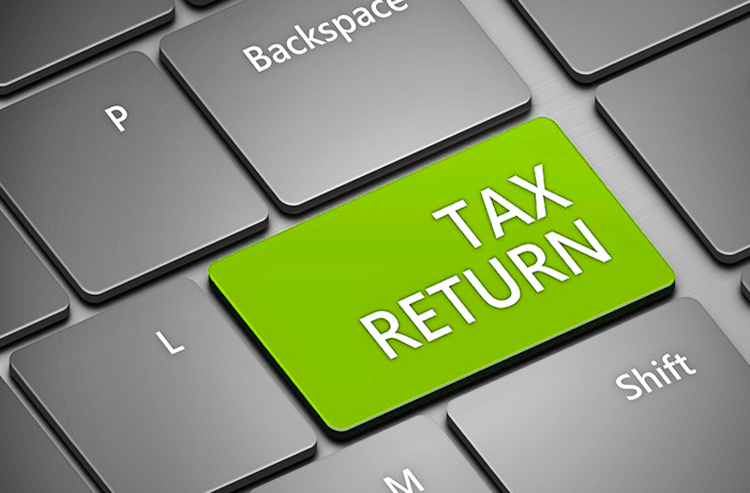Blogger Income Tax in Singapore and Proper Disclosure of Sponsored Posts: What I Learned at an Advertising Standards Authority of Singapore (ASAS) SeminarAs a blogger and social media influencer in Singapore who works with brands on sponsored posts and receives income for it, I want to be well-informed on the taxation and disclosure guidelines set by the authorities in Singapore. When I received the invitation for the “Ethically Viral” Seminar organized by ASAS, I was excited! This meant that I could finally sit down and get all my questions and concerns answered and sorted out. Disclosure: This blog post is a summary of what I learned at the seminar and is in no way to be read as legal tax advice or as an official statement from ASAS or Inland Revenue Authority of Singapore (IRAS) in Singapore. To get the most updated information, do refer directly to their websites or contact them for clarifications. Without further ado, here are my notes on the seminar: Proper Disclosure of Sponsored PostsThe key thing that the ASAS wants is proper disclosure when a post is sponsored. It should be made reasonably obvious to consumers when a post is sponsored. Use these four principles when crafting and posting sponsored posts: Legal Decent Honest Truthful Building trust is the key to having success in social media advertising. Statistics show that people’s trust in traditional media experienced the steepest decline and that owned Media is now as trusted as media as an institution. In Singapore, online and social media are the main sources of news as compared to print media, TV, and radio. Important Info about the Blogging Income Tax in Singapore - applies to Social Media Influencers and BloggersIncome tax obligations for social media influencers and blogger in Singapore:
Definition of "Blogging Activities": It refers to any activity performed on social media platforms such as Instagram, Twitter, Facebook, YouTube, place of advertising banners on blogs, etc. Take note: If blogging activities are performed repeatedly in exchange for monetary or non-monetary benefits where the annual net business income earned is more than S$6000, this income should be declared as self-employed Income. If you are a Singapore Citizen or Permanent Resident (PR) and earn more than S$6000 a year from blogging activities, it will be compulsory to contribute to Medisave as well. IRAS will issue a Notice of Computation (NOC) to inform you about your Medisave contributions. Any monetary payments and benefits received from blogging activities are taxable. On the other hand, non-monetary payments and benefits (which includes sponsorship of products or services received in return for writing about or reviewing the sponsor’s products) may be subject to tax if they meet the criteria. Non-monetary payments and benefits (like sponsored products and services) are only taxable if: A) Value of the product/service received exceeds S$100. or B) Recurring supply is provided over a period of time. Any monetary or non-monetary benefits provided to the families and friends of the social media influencer will be taxable on the social media influencers. The speaker from IRAS, Ms Elti, gave an example of influencers who go for food tasting and invite family and friends along for the meal. Allowable expenses that are tax deductable:
Examples of allowable business expenses: Cost of maintaining a website, Internet subscription fees, Payment to freelance writers for writing the blog posts, Expenses incurred on items or food for review, provided that you earn from doing the review. Disallowable expenses that are not tax deductable:
Examples given: Maintenance cost for private cars, Food for personal consumption & household expenses, Entertainment expenses for family & friends, Fines for breach of law. There is a page on IRAS’s website dedicated for providing social media influencers such as bloggers and Youtubers with tax information. 
You are reading: Blogger Income Tax in Singapore and Proper Disclosure of Sponsored Posts: What I Learned at an Advertising Standards Authority of Singapore (ASAS) Seminar. If blogging activities are performed repeatedly in exchange for monetary or non-monetary benefits where the annual net business income earned is more than S$6000, this income should be declared as self-employed Income.
|
Love this Blog?Milton Goh's Blog Archives
June 2023
AuthorHi I’m Milton Goh, I'm 30 years old and i'm a blogger who writes about Christianity, Parenting, Life Lessons that I learn from Movies/Shows, and Lifestyle. |



 RSS Feed
RSS Feed
